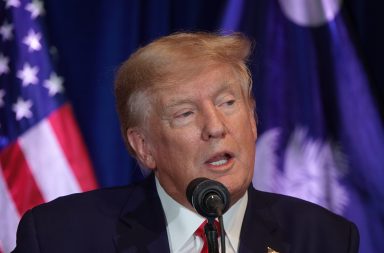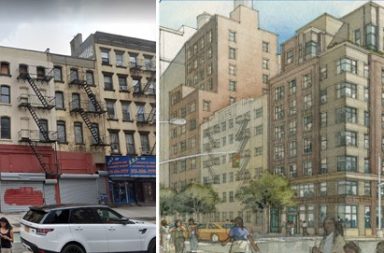In recent years, the city has sold its past-due taxes, or liens, to a banking institution as a way of raising instant cash.
If they’re sold in the May lien sale, a 5 percent surcharge is added to the delinquent taxes — a stick to get building and homeowners to pay up.
To keep people in their homes, the City Council previously requested — and the Department of Finance has already implemented — lower interest rates on back taxes for homeowners also getting soaked by water bills.
This year, there are 13,495 one- to three-family properties that owe $186.6 million in back taxes.
Of that, water bills make up $75.97 million. Another $70.8 million is for property charges, $35.5 million in emergency repairs and $4.3 million in miscellaneous charges.
“We don’t turn off water,” said a Department of Environmental Protection spokesman. “The lien sale is the main enforcement mechanism, and that’s why it was so important to get it reauthorized.” But that also leaves some blocks where several neighbors are up to date on most property taxes but don’t bother with their water bills.
While just the small Class One homeowners owe the City $186 million, all delinquent property owes just under $800 million. This breaks down to $543.6 million in property taxes; $194 million in water bills; $54.3 million for emergency repairs and $6.8 million in other charges.
This year, prompted by the comptroller — who has called for vacant lots on the lien list to be taken over and used for affordable housing — City Hall has also created a list of delinquent vacant lots.
But whoops — some of the lots on the list are already owned by the city. That means the city owes itself $82,190 for land on Edgewater Road in Queens, $398,094 for land in Hunts Point and $936,217 for land on Flatbush Avenue in Brooklyn.
State-owned land along Center Boulevard in Queens owes the City $643,013. Also:
- After suggestions by the city lawmakers, the Finance Department posted another list of tardy nonprofits and houses of worship, which are required to file forms every single year to maintain their exempt status. That memo was apparently lost on 536 such properties across all five boroughs, including cemeteries, hospitals, churches and temples of almost every denomination from Roman Catholic to Scientologist. Last year, the Tax Commission received 188 applications protesting the denial or reduction in exemptions.
- The landmarked St. Peter’s Church at 22 Barclay and 18 Vesey streets in lower Manhattan owes the city $121,422 — because, apparently, it did not file the proper paperwork to maintain tax-exempt status. The church, whose construction was funded with 1,000 silver pieces provided by King Charles II of Spain, was where Billy the Kid was christened and Elizabeth Ann Seton converted to Catholicism. In 2004, St. Peter’s sold air rights to Glenwood for $7.849 million so the company could build a tower. The church was unaware of the issue and is investigating, it said. Joseph Zwilling, a spokesman for the Archdiocese of New York, e-mailed, “Yes, this is an important issue, where some isolated parishes, typically through oversight, fail to file for their tax exemptions. We do work with the city to rectify the problems when they arise.”
- Federal government-owned buildings also popped up on the list. For example, the US Post Office facility at 2375 Peartree Ave. in the Bronx owes $437,605 and another on Stanley Ave. in Brooklyn has a tab of $407,823.
- One foreign government-owned property made the list. The Ivory Coast owes $235,046 for its 14,452-square-foot office at 800 Second Ave.
- Sophisticated owners also don’t escape the lien list. Toll Brothers bought a building as part of a Manhattan development site, but the bills were sent to the property. When the building was demolished the bills were lost.









